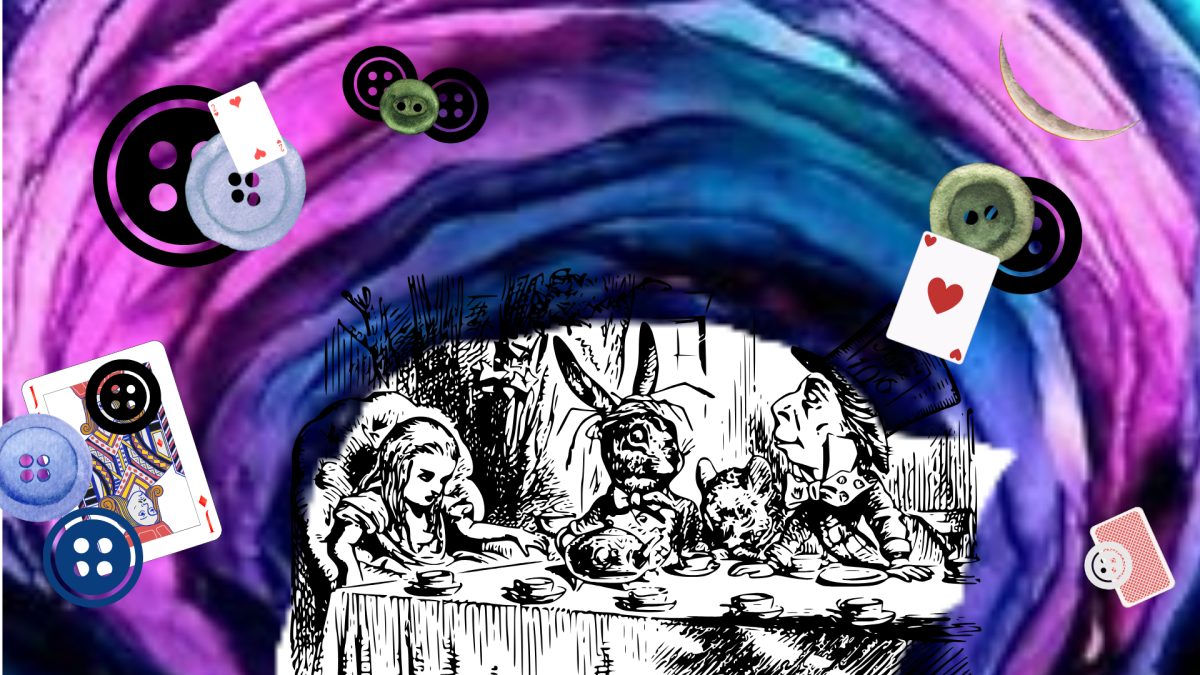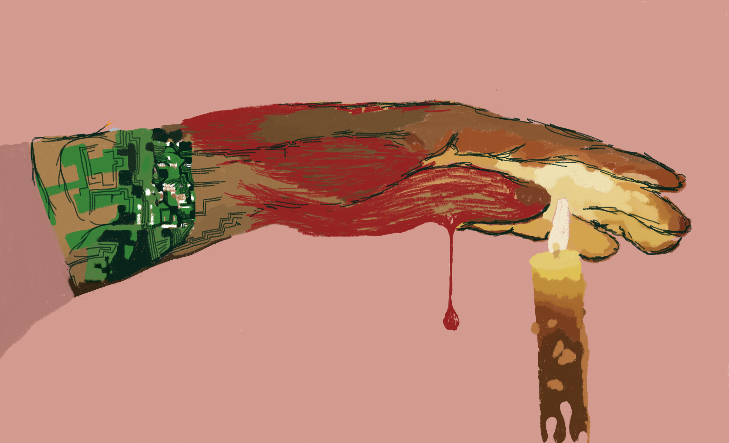Vulfpeck’s new album “Schvitz,” truly embodies the idea that the whole is greater than the sum of its parts. After a brief hiatus where each member (and some common additions to the group) went on distinct solo journeys, Vulfpeck has returned with a new sound.
“Schvitz” is the culmination of broad musical journeys by all the members, and the ensuing folk album is eclectic in its musical range. From slow, somber heartbreakers to quirky, whimsical jingles, this album has something for everyone. It portrays both a new direction for Vulfpeck as well as an homage to the band’s previous sounds.
Vulfpeck’s most notable change is heard in its new folk sounds. Songs like “Earworm” and “In Heaven” combine its bass-driven funk with folk music straight from the ’60s and ‘70s. In fact, one of the songs, “Serve Somebody,” is a cover of a song Bob Dylan wrote during his electric transition.
While clearly more folk-focused, Vulfpeck still finds a way to find its distinctive voice. “In Heaven” features some subtle but impressive bass licks, a staple of Vulfpeck’s sound since the beginning. Joe Dart’s bass skills, while not as much of a focus as in previous albums, are still iconic and valuable additions to each track.
Antwaun Stanley, a singer who is not officially part of the band but has worked with the band on most of Vulfpeck’s songs involving vocals, saw particular attention in many tracks. Stanley’s vocal range is on full display, both in physical and emotional terms. The soulful feel Stanley provides on “Serve Somebody,” “What Did You Mean By Love” and “Simple Step” give the songs a layer they would otherwise not have. His vocal range in every song is a highlight, hitting extremely high notes in “Simple Step” and “In Heaven.”
Jack Stratton, the band’s self-proclaimed polymath, displayed his truly impressive mixing skills on this album. His skills are part of the album’s imagery, as the entire album was recorded in a sauna — hence the name of the first track, “Sauna”. Embracing a unique recording space while incorporating more acoustic instruments than the band has ever used before can be daunting, but Stratton along with engineer Nick Nagurka had no problems whatsoever.
One of the most impressive tracks in terms of mixing is “In Heaven.” This track’s instrumentation is quite simple, just acoustic guitar and bass guitar. However, it’s not just one acoustic guitar, but five, one of which is used purely for the percussive elements of the song. The acoustic guitar, a generally difficult instrument to record and mix well, is the singular instrument, but the recording and mixing is still unmatched.
Vulfpeck is also able to hint at more of its influences in this album, namely with its aforementioned Bob Dylan cover. However, a couple of tracks also hint at a strong influence from the Beatles. ”Earworm” draws comparisons to top Beatles tracks such as “Yellow Submarine,” “Penny Lane” and “Hello, Goodbye” through its simplistic, almost child-like lyrics. The video for the song even incorporates animations similar to “Yellow Submarine.”
“Miracle” has similar vibes to Beatles songs such as “Sun King” and “Here, There and Everywhere.” Using four-part harmonies and slowed-down, relaxed vocals gives a voice of divinity and serenity. Vulfpeck still makes the track its own through the heavy use of bass to drive the song forward, but the comparisons are clear and intentional.
Throughout the album, less-praised members of the group get their time to shine. Beyond the showmanship and theatrics of Stratton, Dart, Stanley and other mainstays Theo Katzman and Cory Wong, two members showcase their vital musical contributions. Woody Goss, the band’s lead keyboardist, and Joey Dosik, a common contributor to the band since its inception, are true stars in this album.
Dosik yet again lays down some impeccable saxophone solos in songs like “Simple Step,” “New Guru” and “Romanian Drinking Song.” He also flexes his compositional skills, writing “In Heaven” and contributing on “Simple Step.”
Goss, one of the quieter members of the group, also flexes his musical abilities, composing “Sauna” as well as providing some invaluable contributions to other songs on the synthesizer. His licks on “What Did You Mean By Love?” and “Earworm” provide another level of musicality that truly gives those songs their signature Vulfpeck sound.














